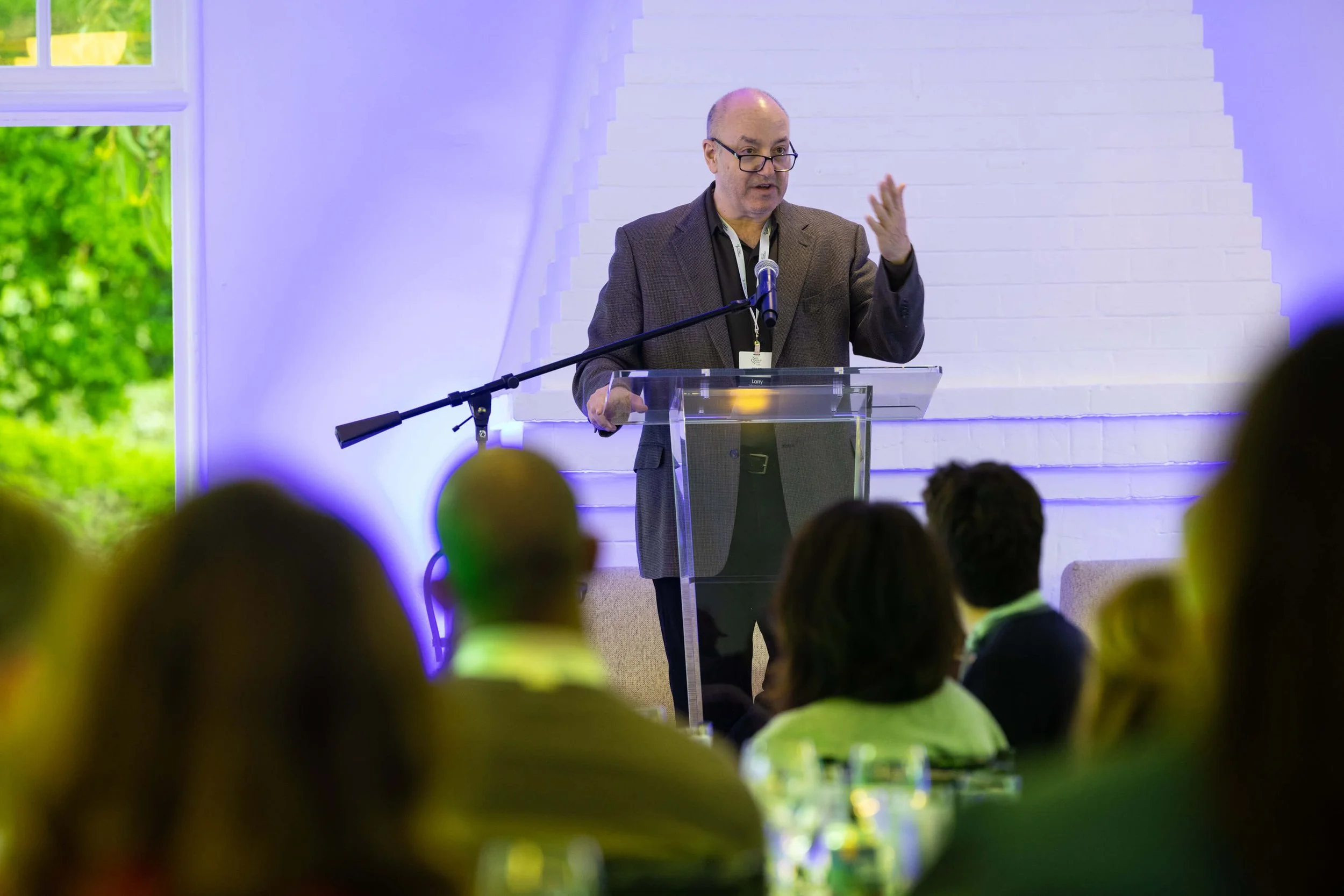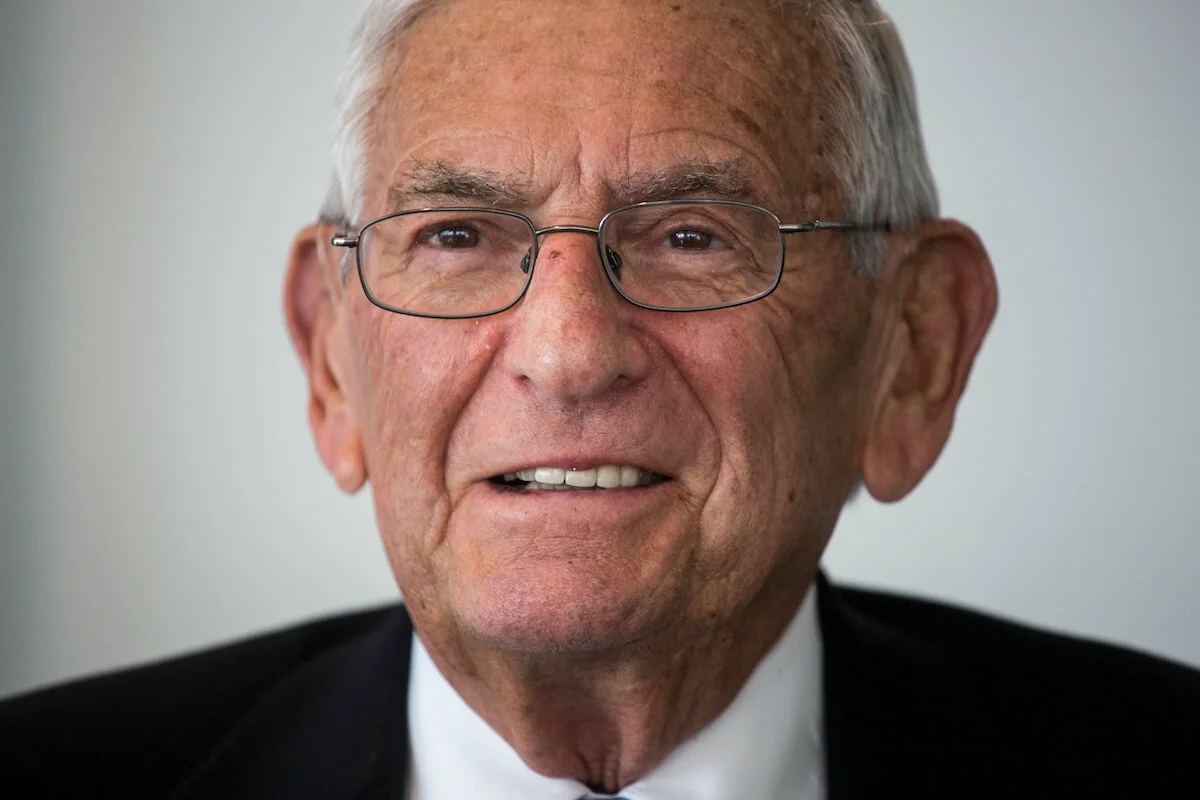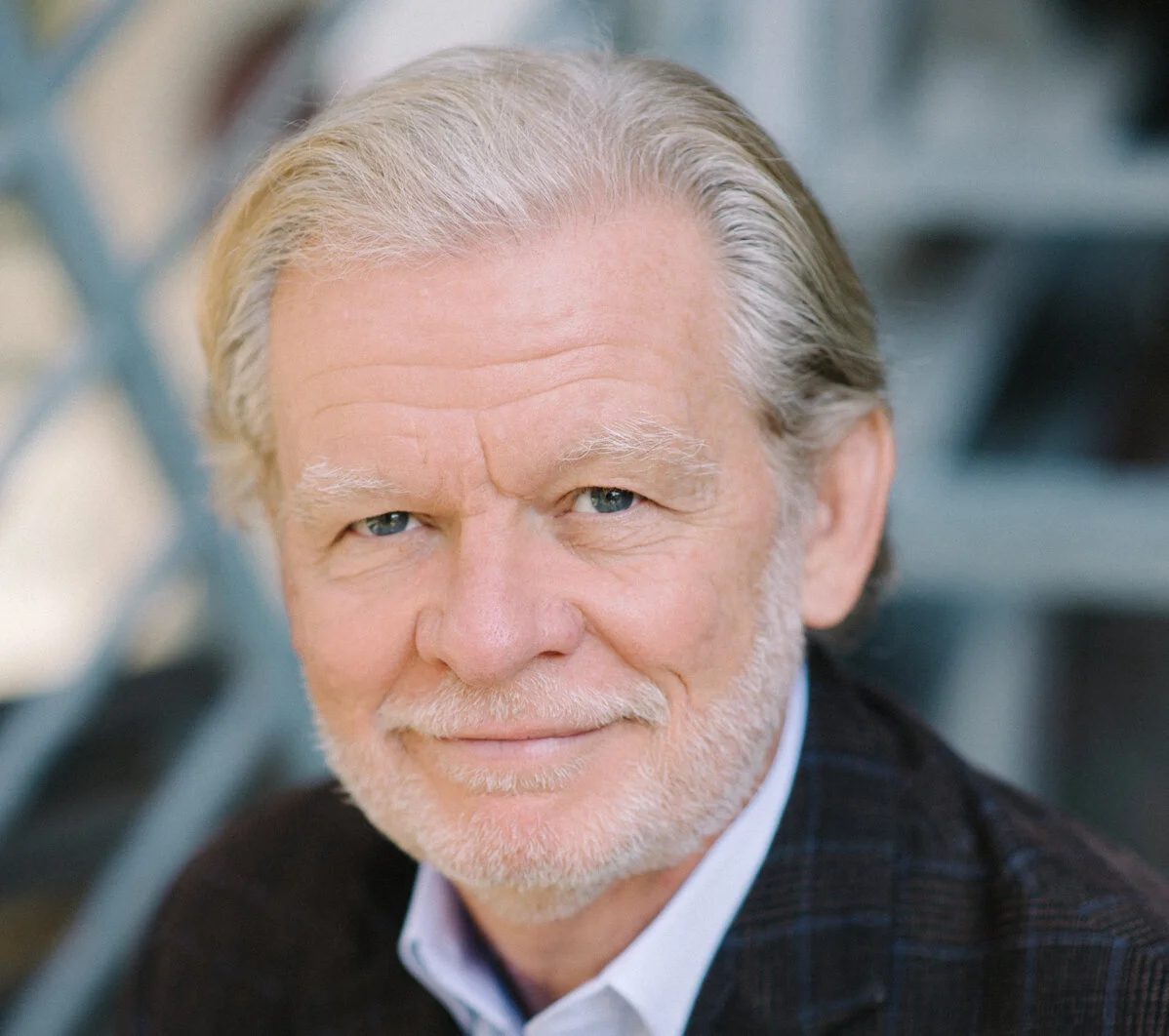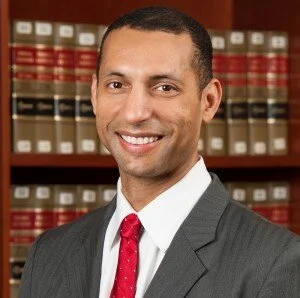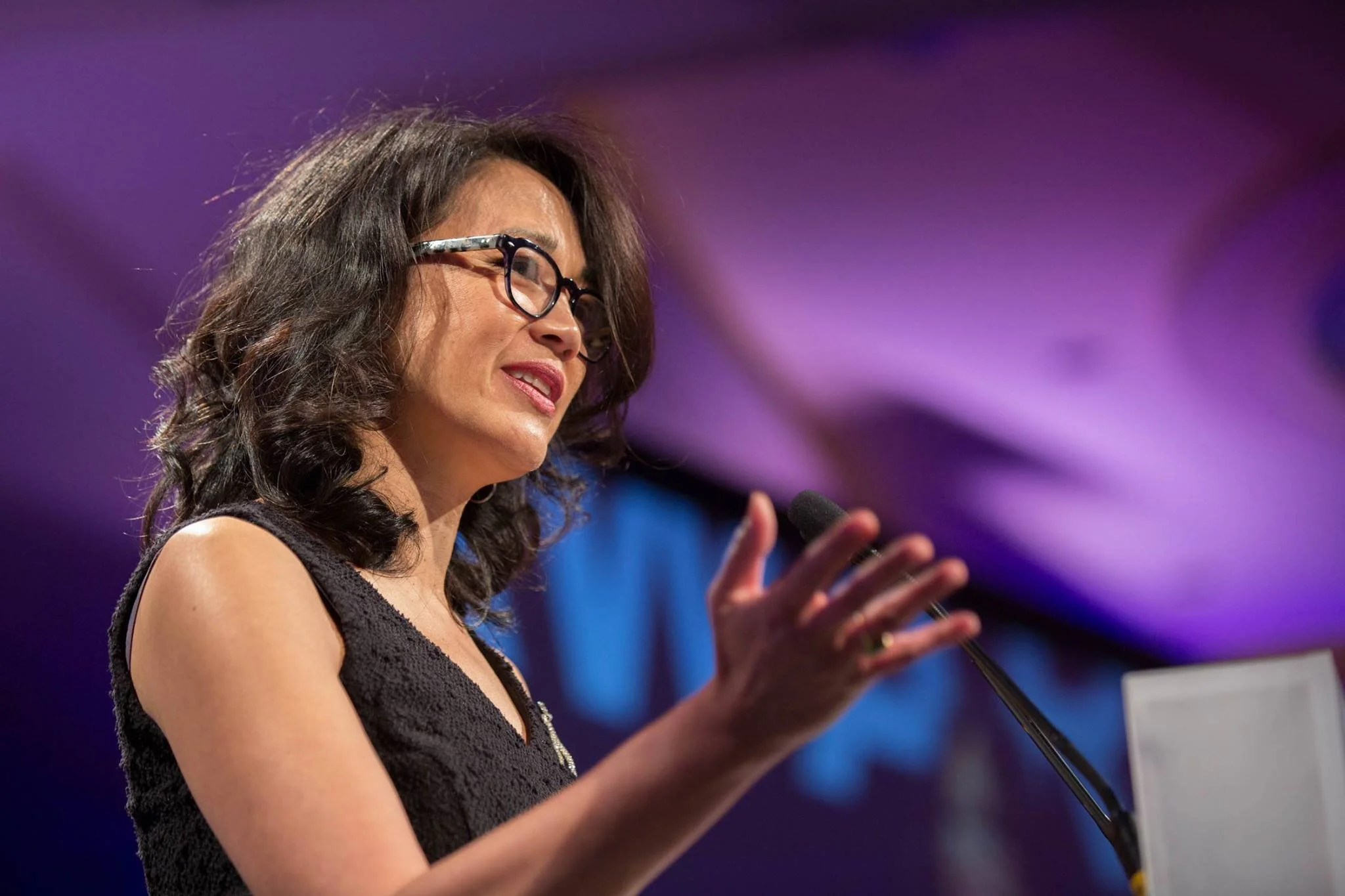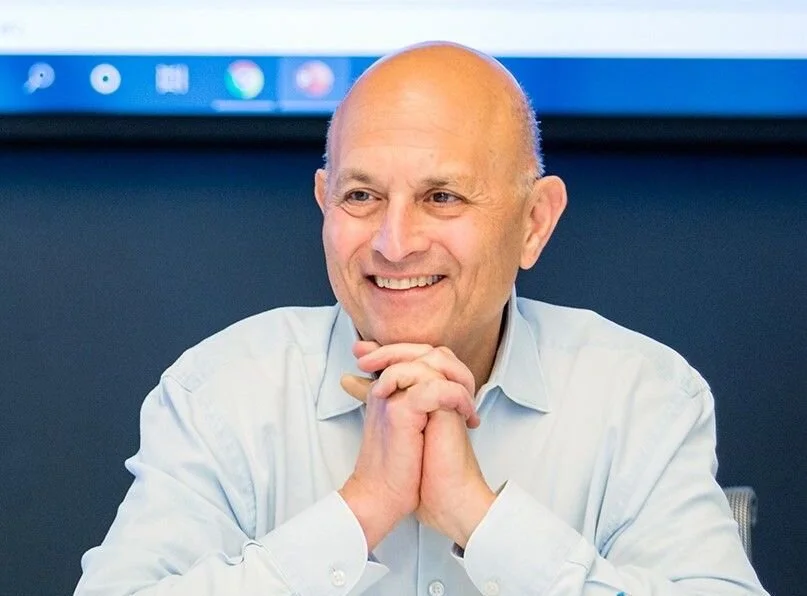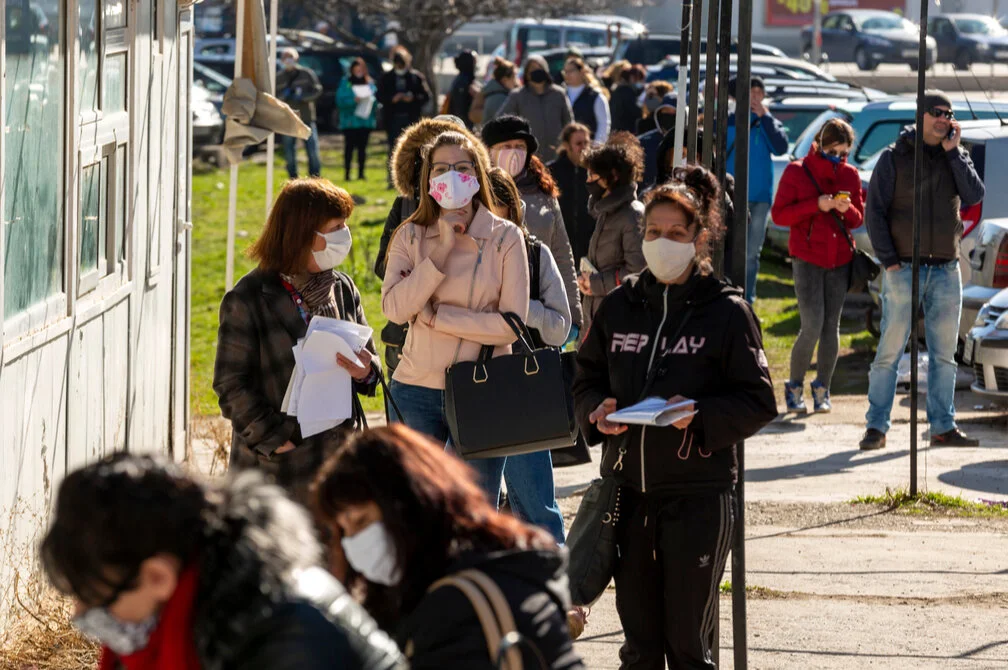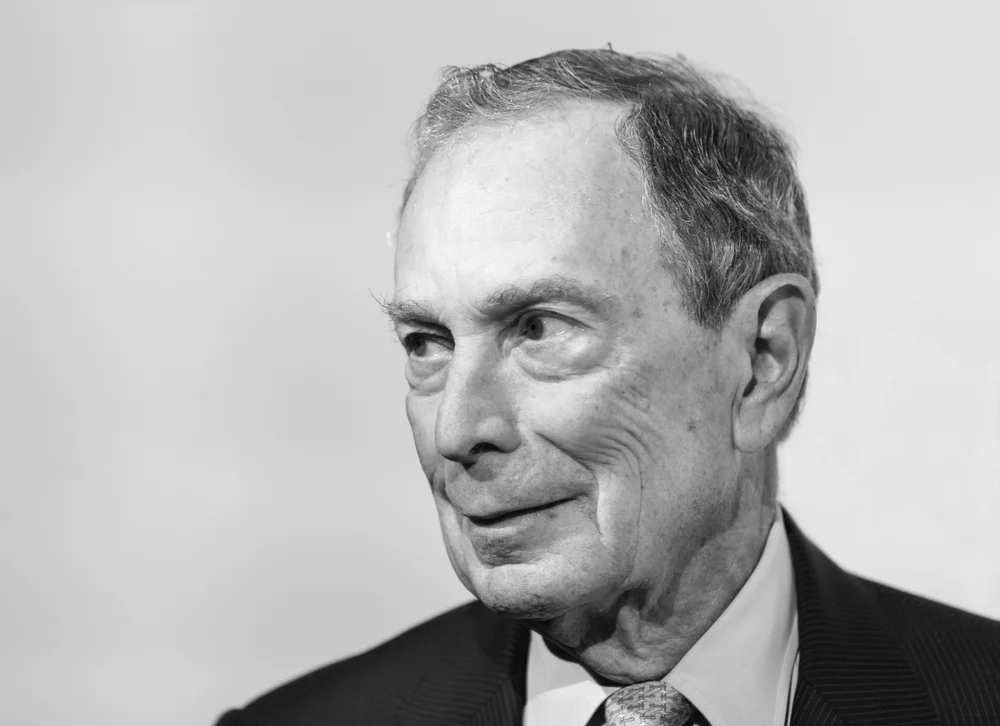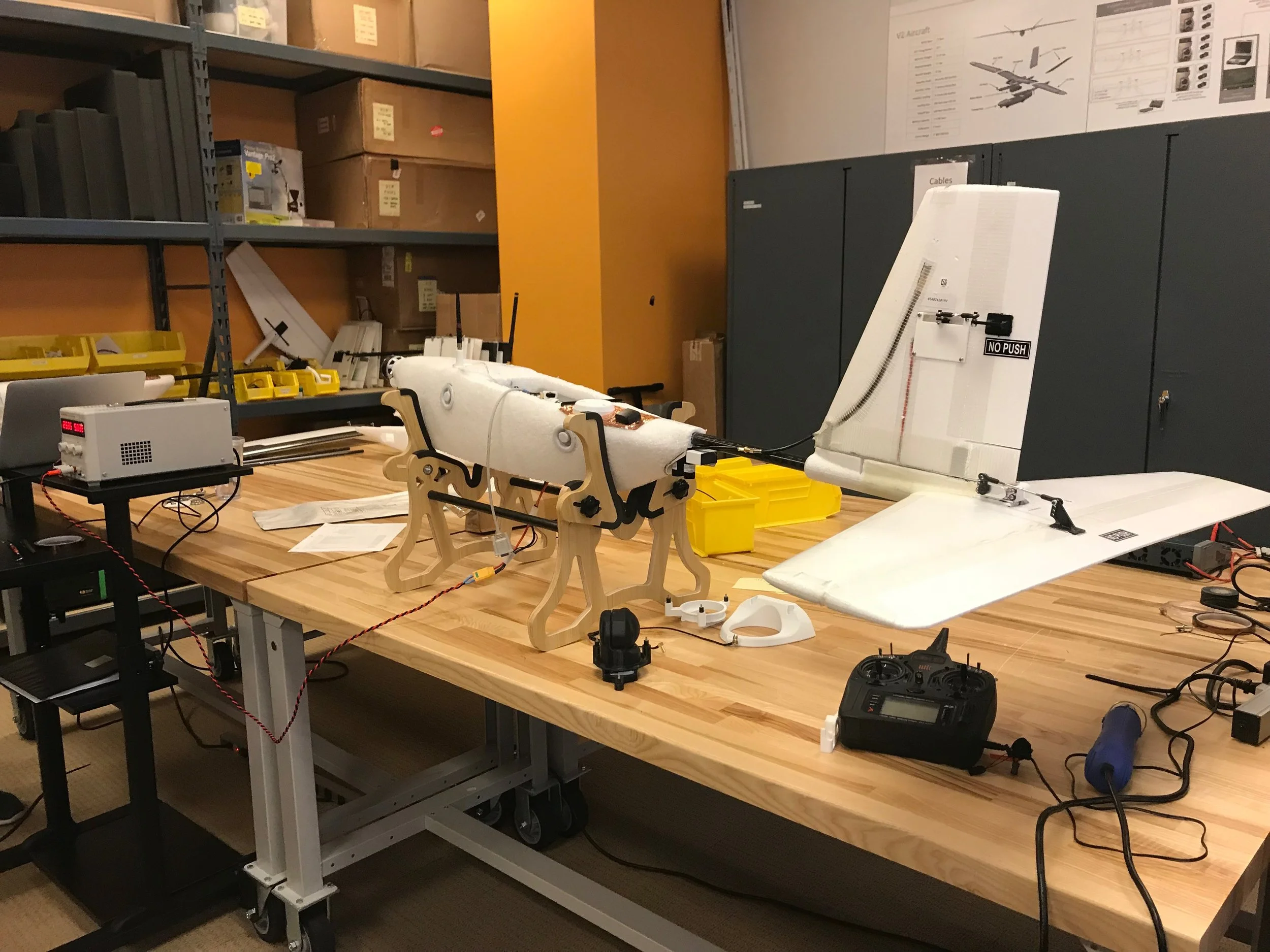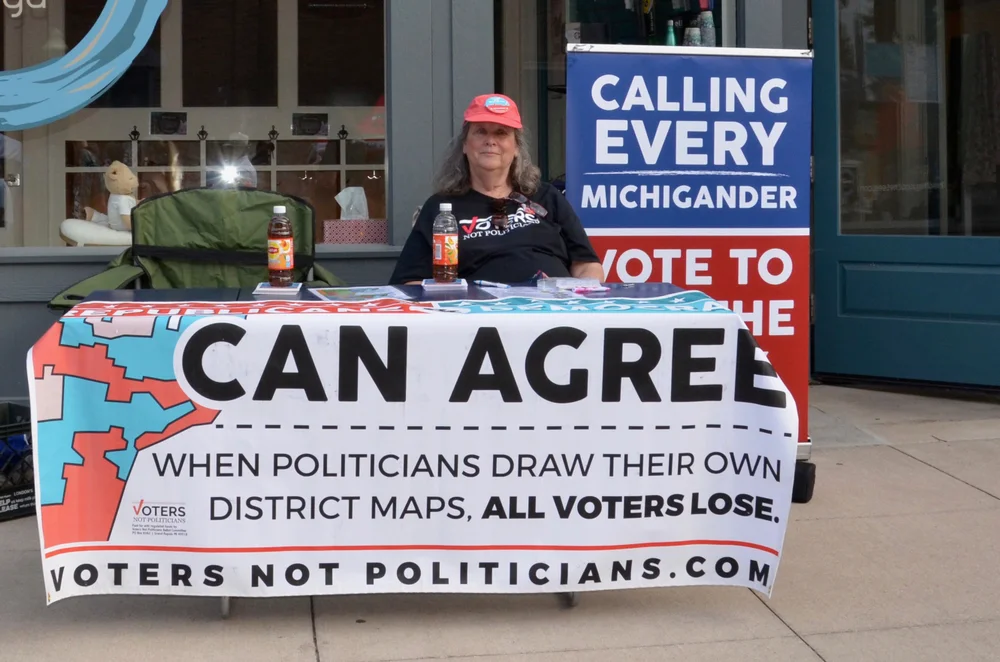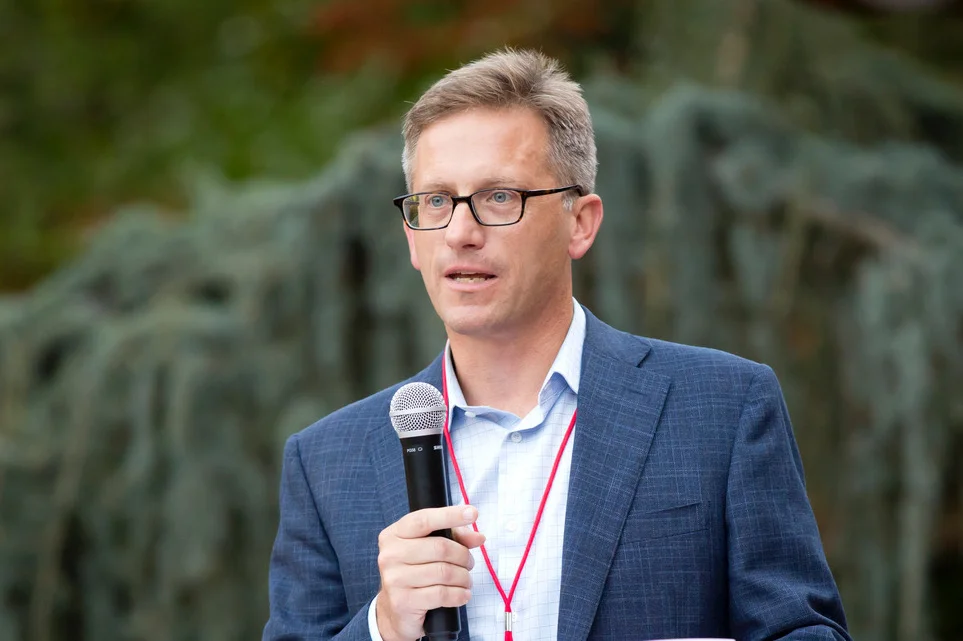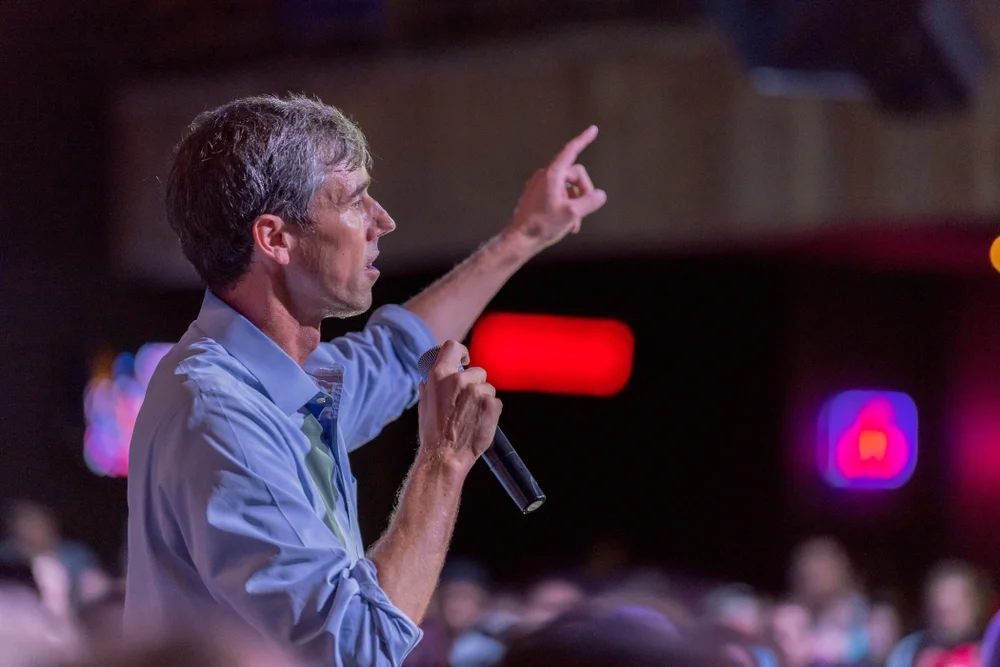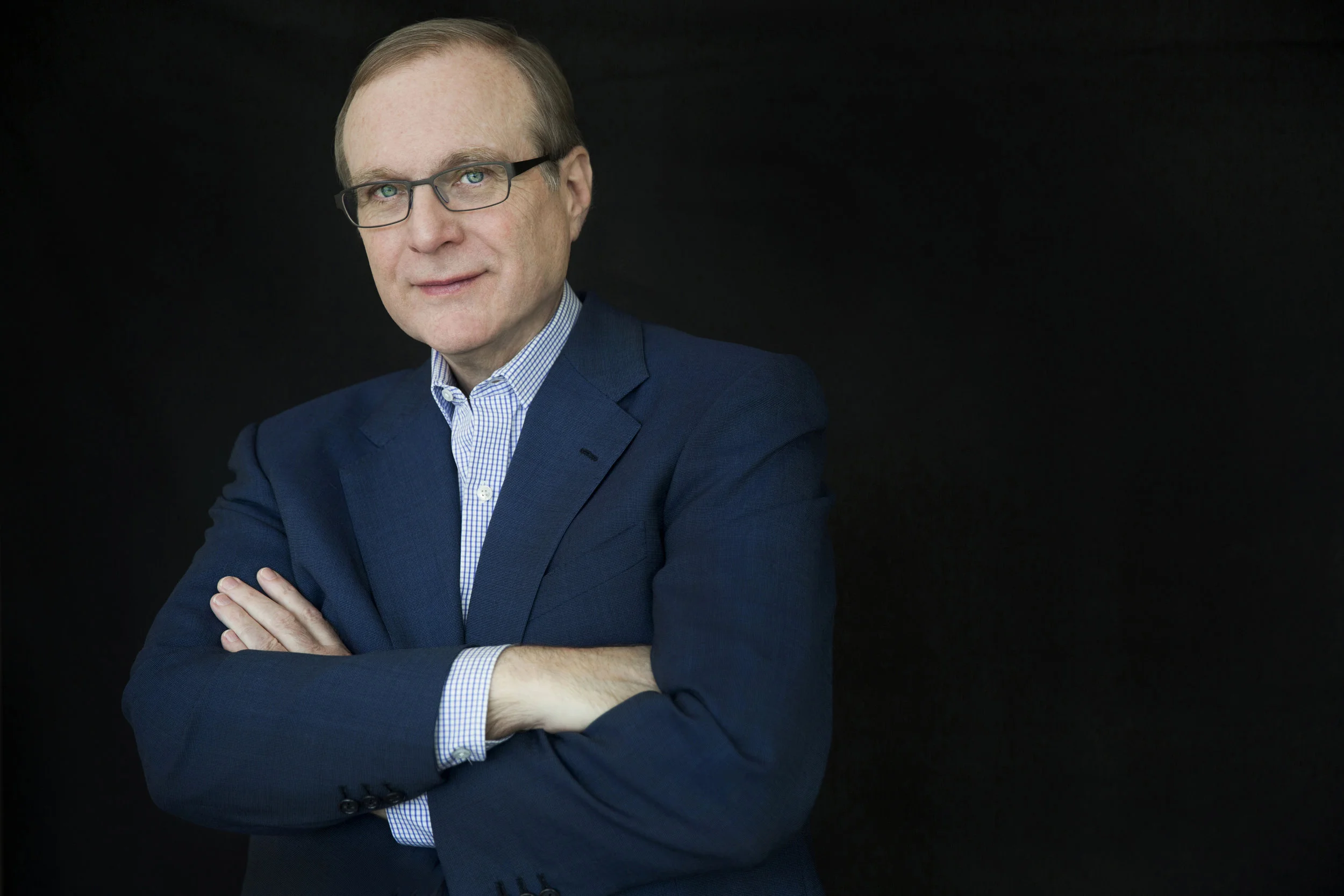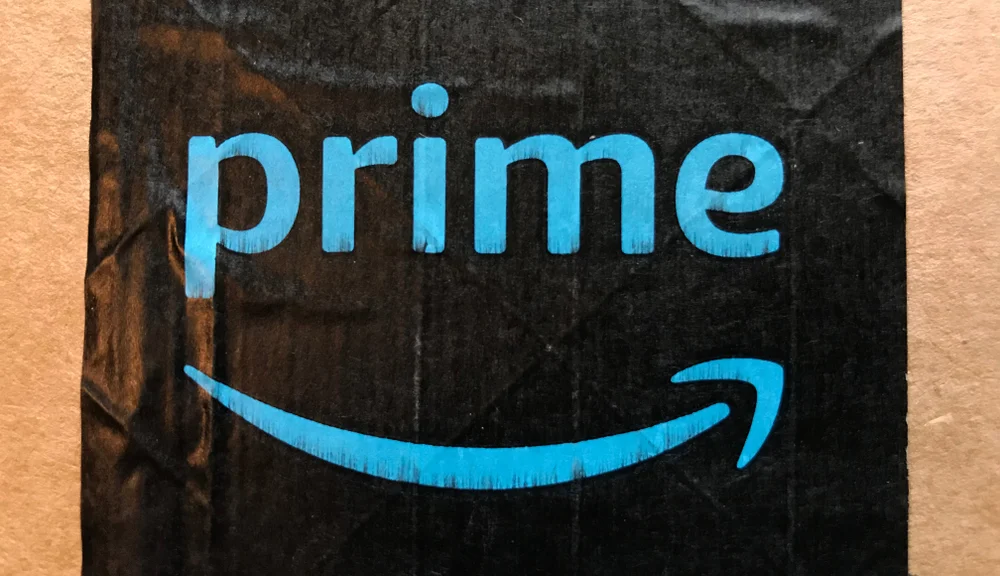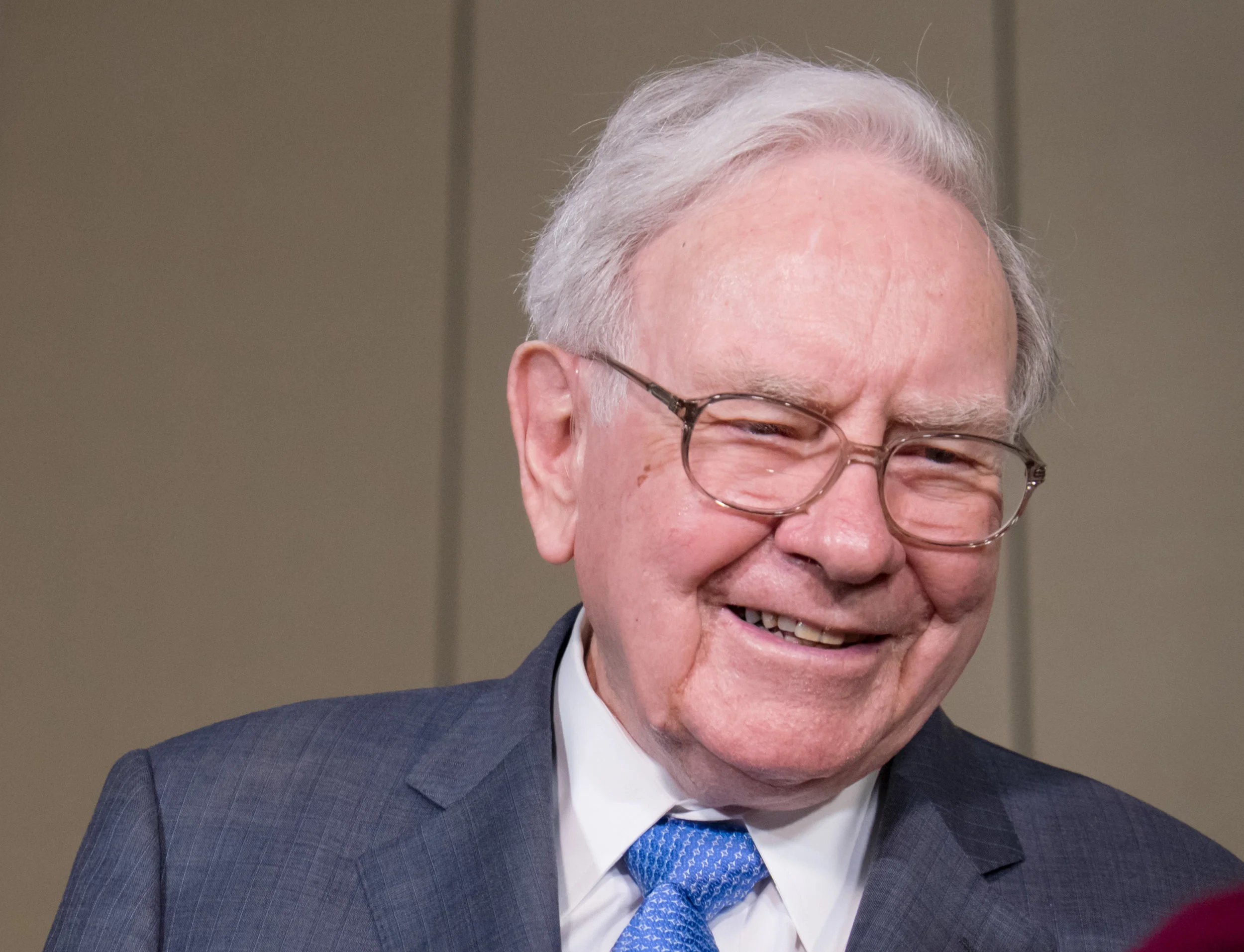Inside Vulcan, a New Model for Solving Some of the World’s Biggest Problems
/A surveillance drone to combat poaching in Africa under development at Vulcan’s headquarters in Seattle, WA.
Editor’s Note: this article was originally published on January 22, 2019.
A few years after Paul Allen left Microsoft in 1982, he and his sister Jody created a private company, Vulcan Inc., that would come to manage a wide range of their projects. By the time Allen died last fall at the age of 65, with a fortune estimated at more than $20 billion, Vulcan was overseeing 16 business and nonprofit entities, including an NFL team, several museums, venture capital and real estate investment operations, a media production company, and the Allen Institute, which engages in biomedical research.
Vulcan also has a highly unusual philanthropic arm. The firm has dozens of engineers and scientists who are building technological and data-based solutions to solve tough problems. It collaborates in this work with organizations around the world working on wildlife protection, marine conservation, climate change and other time-urgent challenges. Vulcan’s capabilities for tracking poachers in Africa or illegal fishing trawlers in the Indian Ocean seem like something out of a thriller movie. Backstopping the firm’s high-tech SWAT team is a media production company and a government relations office that offer additional ways to exert influence.
In an era when most billionaire-backed philanthropy still centers on making grants, Vulcan has charted a different path. Art Min, a former tech executive who leads the firm’s impact team, told me that while Vulcan often does cut checks, its hands-on, tech-centric approach to making change reflects how Paul Allen saw the world. When I visited Vulcan last month, Min didn’t share details about what portion of Allen’s estate will ultimately go to support Vulcan’s philanthropy. But he made clear that this work will continue for a long time to come, following the path that Allen set in the years before his passing.
A “Growing Sense of Urgency”
Vulcan is based in a sleek, modern building in downtown Seattle. The company has long been mysterious, like Allen himself—a man with a dizzying array of interests who tended to keep a low profile, even as he bought the Seattle Seahawks, along with one of the world’s largest private yachts. Vulcan was an all-purpose platform for Allen, one he used to manage and grow his wealth, pursue his many ideas, and work to change the world. But while the company was deeply shaped by Allen and his personal passions, it shows no signs of evaporating now that he’s gone. Jody Allen serves as Chair of Vulcan Inc. and Trustee of the Paul G. Allen Trust, tasked with the mandate of “preserving and implementing Paul Allen’s vision for generations to come,” according to the company website. Bill Hilf, a tech industry veteran, is Vulcan’s CEO.
Allen gave over away over $2 billion in his lifetime and was a signatory of the Giving Pledge organized by his Microsoft co-founder Bill Gates. He left behind no spouse or heirs, and it’s expected that the bulk of his wealth will go to philanthropy—although it will be some time before all the details are ironed out and made public.
In some ways, Allen’s giving followed the standard playbook of billionaire donors. Often working with Jody, he did many of the things that top philanthropists have done in the past. He created a family foundation that made grants in his hometown of Seattle toward causes like the arts and human services. He founded several museums, most notably the Museum of Pop Culture (MoPOP). Allen also built a research institute that began with a focus on brain science and then branched out to include research on cell science, and more recently, immunology.
Ultimately, though, Allen was not satisfied with conventional philanthropy—especially as he came to feel a “growing sense of urgency about the mounting challenges confronting our planet,” as he said in his Giving Pledge letter. An impatient technologist, Allen wanted to make more direct impact on the pressing problems that preoccupied him, like the rapid decimation of African wildlife and the degradation of vital marine ecosystems. So tapping his tech background, he set out to build an internal capability at Vulcan to move the needle on such issues.
Min says that Allen was a “polymath” who was “always interested in breakthroughs and doing things that were innovative and challenged the status quo.” His attitude was, “If things aren’t working, why not try to do better?”
“Superpowers” for Those Doing Good
Like many techies, Allen was a big believer in the ability of data to shed light on tough, complicated problems. He thought that Vulcan could be useful by gathering new “foundational” data on key issues and sharing it with NGOs, academic researchers and governments. He also saw a role for Vulcan in building new hardware and software tools—either from scratch or adapting existing technology—to empower people working on the front lines of a problem.
One of Vulcan’s early impact projects was the Great Elephant Census, launched in 2014, to count Africa’s elephants. “Our goal was to learn how many remain and where, then use the information to help protect these iconic animals from the poachers that are driving them toward extinction,” Allen wrote later. The count ultimately involved an aerial survey over 345,000 square miles covering 18 countries, with teams that followed strict protocols to ensure accurate results.
Vulcan collaborated on the census with the top organizations trying to protect elephants from slaughter, including Elephants Without Borders and Wildlife Conservation Society, as well as African conservation officials. Partnerships like this one have been central to Vulcan’s impact work. “Where we’re strongest is working with people who are already out there,” says Min. “There are people out there who are more experienced, have the connections, have the ability to have impact.”
Min has written that Vulcan’s job is “getting better data and tools into the hands of those doing good… we want to give them superpowers.”
Min joined Vulcan in 2017 after nearly two decades in the tech industry. Allen told him in their early conversations that he wanted to speed up Vulcan’s work to make impact and charged Min with creating a wider set of tools and solutions in three main areas: ocean health, conservation and climate change.
“Customer-Focused”
The majority of staff on Vulcan’s impact team are engineers or scientists who come from places like Microsoft and Google. Min says that Vulcan takes a “customer-focused product approach” to helping NGOs. The impact team sits down with them to “really understand their pain points,” looks at the other players trying to help, and then figures out “what’s our role, where we can step in.”
There’s long been debate over using business strategies to solve social problems, a conversation that’s become more fraught as winners from Silicon Valley have turned to philanthropy. Critics have faulted tech donors for parachuting into areas they know little about, hubristically imagining that the skills that made them billions can be applied to challenges like fixing public schools or ending global poverty. Many nonprofit veterans recoil when newcomers to philanthropy from tech use terms like “customer-focused” to describe, say, educating a four-year-old who’s growing up in deep poverty.
Yet even if you sympathize with this critique, as I do, you can appreciate some of the approaches that tech donors bring to the social sector—like a strong focus on user experience. Tech firms invest enormous energy into improving their products through an iterative process that relies heavily on customer feedback—the kind of keen listening that many agree the nonprofit world, and foundations especially, needs to get much better at.
Chris Emura, who oversees the engineering team at Vulcan and has been involved in multiple successful tech startups, told me, “You can’t apply all these product learnings to a philanthropic space, but you can at least apply some.” Emura noted wryly that in the tech world, if the customers don’t like your product “you will be dead shortly.” More of this kind of urgent imperative to truly serve end users would be a good thing for philanthropy.
Strategies for Impact
Beyond the engineers on its impact team in Seattle, Vulcan has a government relations office based mainly in Washington, D.C., that engages public officials on policy issues, both in the U.S. and overseas. The company also has a media arm, Vulcan Productions, that educates the public through its documentaries.
Vulcan’s wildlife protection work shows how these different pieces operate together. In addition to the Great Elephant Census, it sponsored a successful ballot initiative in Washington State that makes it harder to traffic in products made from the world’s most endangered animals. And it supported research to use DNA-based methods to identify the sources of seized African elephant ivory. It also produced a film, "Racing Extinction," about endangered wildlife.
More ambitiously, Vulcan created a new tech platform called EarthRanger to monitor protected wildlife areas by pulling in different kinds information—including from cameras, animal collars and vehicle sensors—to detect potential poaching activity or threats to rangers. EarthRanger is now being used in nearly a dozen places in Africa.
One of Vulcan’s latest efforts to fight poaching involves building drones to patrol protected areas. On my visit to the firm’s headquarters, Min showed me the workshop where the drones are being developed and explained that they’re shipped thousands of miles to rangers going up against armed poachers in remote parts of Africa.
Like other Vulcan projects, the drone initiative doesn’t involve creating new technology from scratch. Rather, the firm’s team is adapting off-the-shelf equipment to create drones that are suitable for anti-poaching surveillance and affordable to government agencies and nonprofits working in African parks. Creating this kind of niche product that’s unavailable in the private marketplace is an example of how Vulcan sees itself adding value to ongoing work on a difficult problem.
“Military-Grade Intelligence”
The same multifaceted approach that Vulcan takes to wildlife protection is apparent in its work on ocean health—another urgent area where conservationists are racing the clock as threats mount against fisheries, coral reefs and embattled species like sharks.
Vulcan is backing the creation of new foundational data to track the world’s populations of reef sharks and rays through a project called Global FinPrint. It’s also been collaborating with Sea Around Us, an initiative at the University of British Columbia to build and share better data on fisheries. On the public engagement side, it created Smart Catch, a program now run by the James Beard Foundation's Chef Action Network that works with chefs, restaurant owners and diners to boost the demand for sustainable seafood.
Fish provide food and livelihoods for hundreds of millions of people worldwide. But illegal fishing is devastating fisheries in many places, with potentially catastrophic effects on the global food supply. This is a problem where research and advocacy will only go so far. What’s also needed is stronger enforcement on the high seas, right now. So Vulcan created Skylight, a web-based platform that the firm says “brings together data from sea and space to offer a near-real-time view of potential illegal fishing activity, helping governments and maritime enforcement to protect their fisheries and local economies.”
Min described to me how Skylight can identify and track ships engaged in illegal fishing, providing “military-grade intelligence” to those working on the front lines to combat this practice. Here again, Vulcan sees itself using its technology chops to speed up progress against a tough problem. Skylight, like EarthRanger and the drone program, is a tech-based solution that’s customized for a very specific set of users and is available nowhere else.
Changing Philanthropy
Vulcan is playing a familiar philanthropy role when it tackles problems that neither government nor the market is solving. What’s unusual in this case is the impatient, hands-on approach that Paul Allen charted for Vulcan before he died. “He wanted to have direct impact, as opposed to just funding a project and seeing how that goes,” says Min.
Chris Emura told me that Vulcan often does make grants to existing players and tries to avoid replicating existing work. “If we see a solution that has been done better by an external entity, we fund them.” But given the social sector’s lack of tech savvy, it turns out that there are plenty of opportunities for Vulcan to step up with new solutions—creating a unique role for the firm in the social sector.
It’s hard to think of another outfit like Vulcan. The Omidyar Network and Emerson Collective, which also draw from tech fortunes, are two other examples of newer players in philanthropy that are doing things differently—for example, by putting impact investing on an equal footing with traditional grantmaking.
Maybe the entity that most closely resembles Vulcan is the Chan Zuckerberg Initiative. While CZI has made millions in grants and impact investments, it’s also hired an in-house team of engineers and scientists to advance its goals–especially on education and biomedical research.
It makes sense that billionaires who’ve earned their fortunes in technology would tap these skills as they turn to philanthropy. One danger, though, is that they’ll take a tech-centric approach to problems that don’t readily lend themselves to such fixes. When you’re handy with a hammer, the saying goes, everything looks like a nail.
This potential pitfall is apparent in CZI’s support of the Summit Learning platform for personalized learning designed by educators at Summit public schools, a charter network, and built by engineers at CZI. Parents and students in some schools where CZI has supported use of the platform have raised objections to it—just the latest case where tech-led efforts to improve education have hit bumps in the road. (The adoption of Summit Learning Platform has continued to spread rapidly.)
On the other hand, both government and the social sector tend to lag far behind business in using the latest technology to boost their impact. Vulcan and CZI bring powerful sets of skills to hard problems that you won’t find in even the largest NGOs or in many government agencies.
Ultimately, to be most effective, Vulcan and new entities like it will need to listen closely to those they’re trying to help, to know what these end users really need. So far, it seems like Vulcan is doing a good job on this front, creating strong partnerships with NGOs and government officials.
Still, it’s important to remember that Vulcan’s impact work is relatively new. The tools and platforms it has created have only been around for a few years, and it’s too early to render any kind of full verdict on its approach—or to know just how happy its “customers” really are. What is clear, though, is that Vulcan is breaking new ground in the annals of philanthropy with its hands-on problem solving. This is an organization worth watching closely, especially given the resources it’s likely to command in coming years, after Paul Allen’s estate is fully settled.


